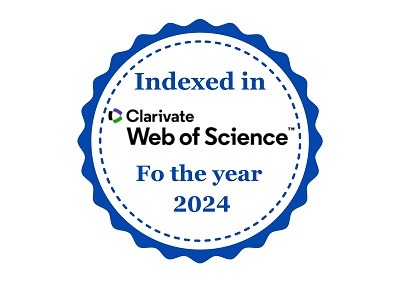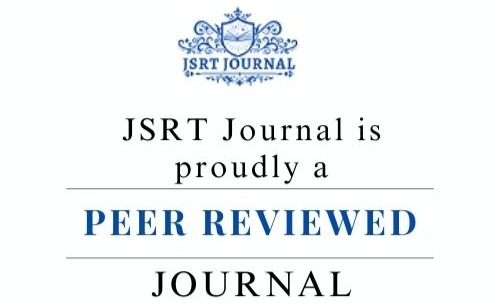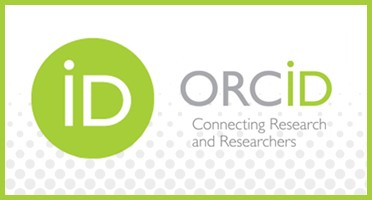Integrated Health Management System (IHMS)
DOI:
https://doi.org/10.61808/jsrt280Keywords:
IHMS, Healthcare, EHRAbstract
Intelligent, scalable, and secure digital solutions that optimize clinical operations and improve patient outcomes are needed as healthcare delivery becomes more complicated. The web-based, unified Integrated Health Management System (IHMS) solves this requirement by managing Electronic Health Records (EHRs), scheduling doctor-patient appointments, and predicting illness using machine learning. IHMS' modular, user-friendly design allows real-time medical data access, secure stakeholder communication, and early illness diagnosis.
Django with SQLite provide a lightweight yet strong backend solution. Supervised machine learning methods like Random Forest, Decision Tree, Naive Bayes, and Logistic Regression forecast diseases. We train and serialize these models using a structured symptom-based dataset. When patients enter symptoms, the system produces a list of likely illnesses and confidence levels, helping doctors diagnose intelligently.
Privacy and security are built into the system. To protect medical data, IHMS uses role-based access restriction, encrypted sessions, and secure authentication. Physicians, patients, and administrative staff may access individualized dashboards and learn quickly thanks to adaptable design and straightforward navigation.
The system offers automatic appointment alerts, real-time patient status updates, and symptom-based triaging in addition to essential healthcare functions. Its lightweight architecture and low technological requirements make it suitable for small clinics and scalable for bigger healthcare facilities or cloud platforms.
The Random Forest model proved its usability and prediction accuracy in actual circumstances with an accuracy of 87.75% after extensive testing. IHMS improves decision-making and efficiency and advances intelligent healthcare management systems for current issues by seamlessly combining predictive analytics with operational modules.











